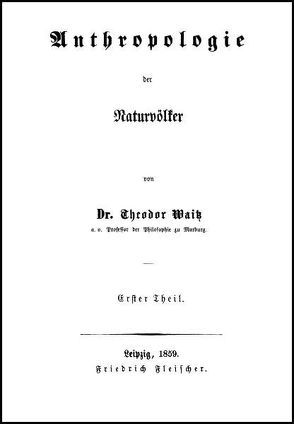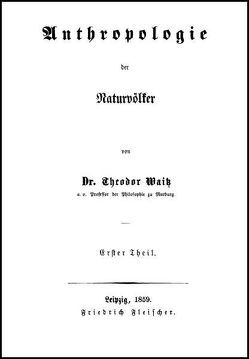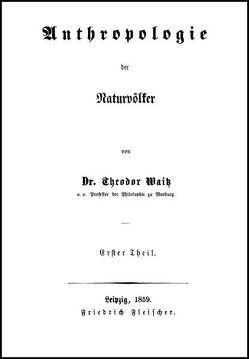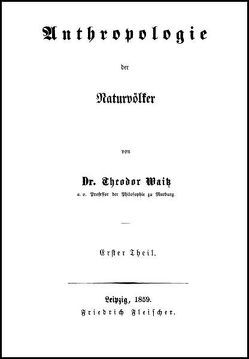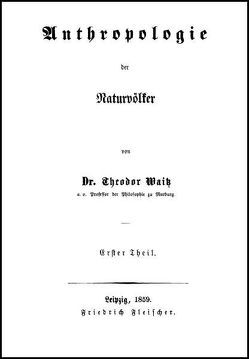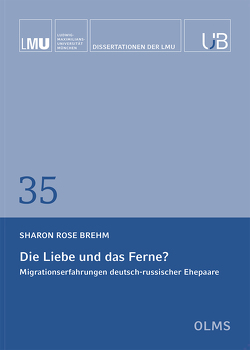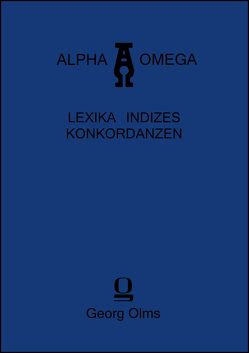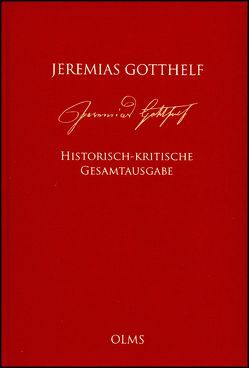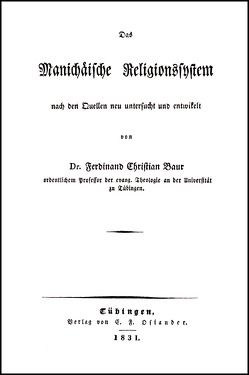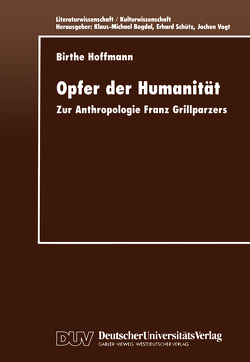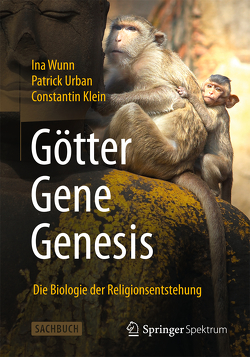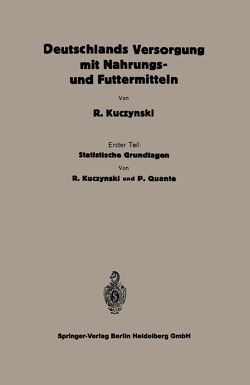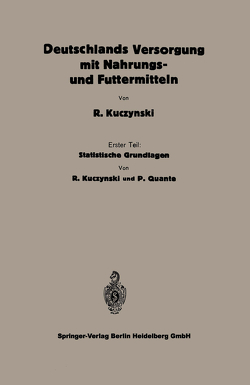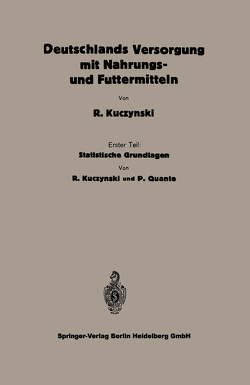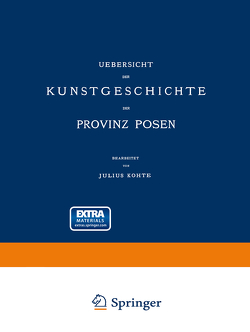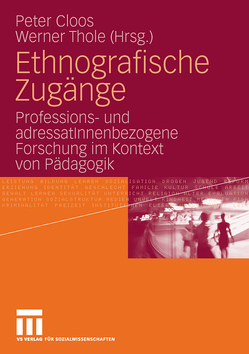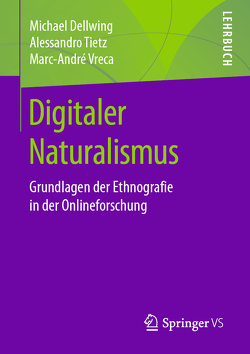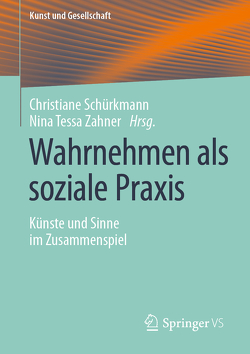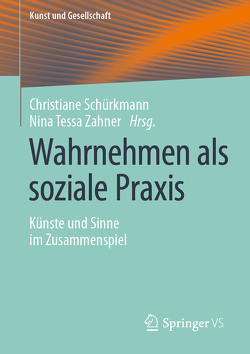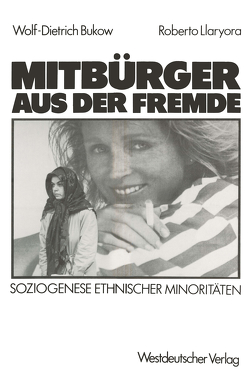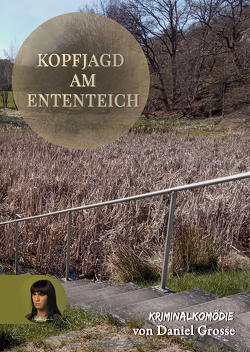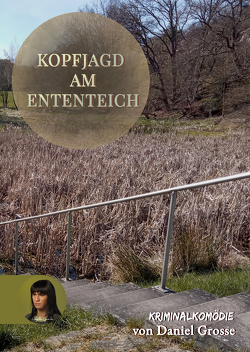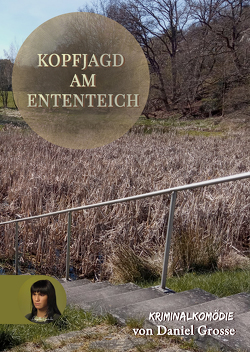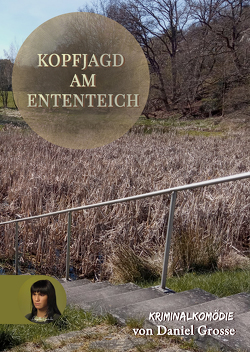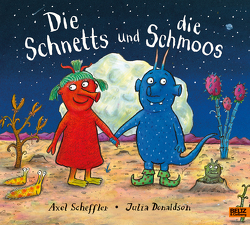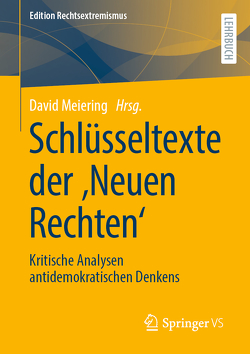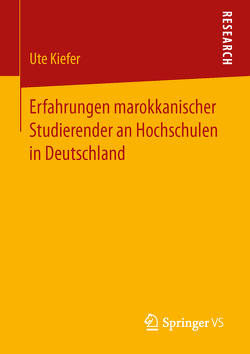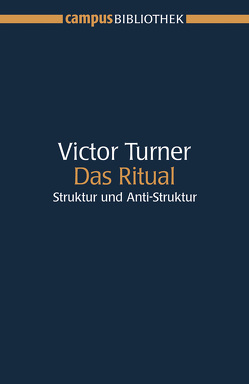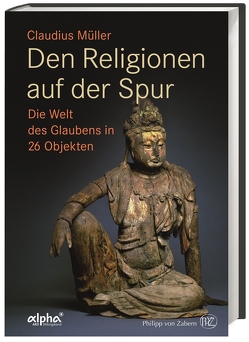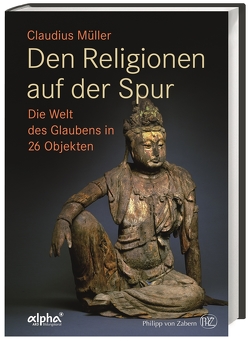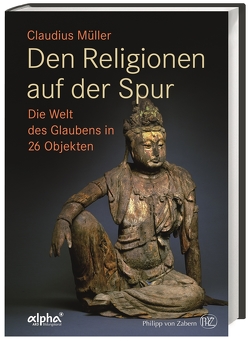Antrophologie der Naturvölker
Bernhard Streck, Theodor Waitz
Die Absicht, die der Marburger Philosoph, Psychologe und Pädagoge Theodor Waitz (1821-1864) mit seinem großen Spätwerk (1859-72) verfolgte, war auf¬klärerisch und galt der Bekämpfung verbreiteter Vorurteile, insbesondere bio¬logistischer und rassistischer Art. Das macht die Aktualität der sechs Bände aus, die Waitz selbst nicht mehr fertigstellen konnte, sondern von seinem Freund und Schüler, dem Geographen Georg Gerland (1833-1919) zu Ende geführt wurden. Es handelt sich um die erste wirklich quellenkritische Zusammenstellung des ethnographischen Wissens um die Mitte des 19. Jahrhunderts, mit einer Fülle von Detailbeobachtungen, die infolge des oft erst danach einsetzenden rapiden Kulturwandels durch Kolonialismus, Mission und Weltwirtschaft auch heute noch eine unschätzbare Fundgrube darstellen. Waitz begriff seine Anthropologie als Zusammenführung von Natur- und Geisteswissenschaften, die ein gemein¬sames Ziel der Gesamtmenschheit im Auge hatte.
The intention of the Marburg philosopher, psychologist and pedagogue Theodor Waitz (1821-1864) in his last great work (1859-72) was to educate and to fight against widespread prejudice, especially biological and racial prejudice. This gives a contemporary relevance to the six volumes which Waitz was unable to finish himself, but which were completed by his friend and pupil the geographer Georg Gerland. This was the first synthesis of ethnographical knowledge in the mid-19th century based on a truly critical analysis of the sources, containing a wealth of detailed observation which, due to the rapid cultural changes which occurred soon after as a result of colonialism, missionary activity and the world economy, remains an invaluable source-book today. Waitz understood his anthropology as synthesis of the sciences and humanities with a common goal for all humanity.
